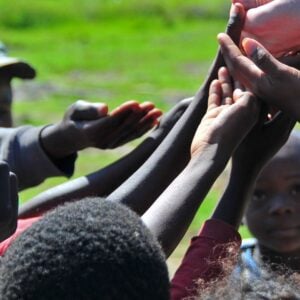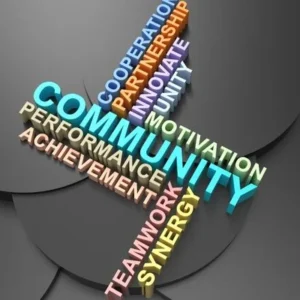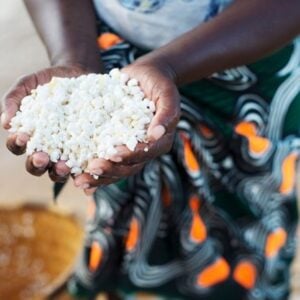In 2023, Australia launched a parliamentary inquiry into food security, inviting submissions from farmers, health experts, community groups, and advocates. The response was overwhelming, with 188 submissions underscoring both the urgency of the issue and the depth of expertise available to guide solutions. Two years later, the federal government is developing a national food security strategy, Feeding Australia, drawing on the inquiry’s final report, which set out 35 recommendations to strengthen productivity, resilience, and preparedness in the face of climate change, natural disasters, and economic shocks.
Food security matters far beyond the dinner table. It enables people to live healthier lives, reduces strain on hospitals, improves mental wellbeing, fosters community stability, and fulfils a basic human right. The moment is ripe for meaningful change — but critical gaps remain.
Experts who contributed to the inquiry strongly emphasised the need for coordinated national policy. Many called for a whole-of-government food plan, backed by a dedicated Minister for Food and a National Food Security Council to provide oversight and accountability. They also drew attention to the worsening cost-of-living crisis and its link to food insecurity, with one in eight households struggling to afford food. While emergency relief was recognised as important in crisis situations, many argued that it is no substitute for long-term reforms such as raising welfare payments above the poverty line and expanding affordable housing. Environmental concerns also featured prominently, with submissions urging a shift to regenerative farming practices, greater protection of farmland, investment in urban agriculture, and preparation for climate shocks such as droughts and floods.
Yet despite the breadth of the inquiry, several critical issues were left unaddressed. The right to food, recognised in 120 other countries, was not included in the strategy. Clearer food labelling and stronger trade regulations to protect health and the environment were also missing. Furthermore, there was little focus on limiting the dominance of the supermarket duopoly, whose control over pricing and supply has long-term implications for both farmers and consumers.
The roadmap to a truly food-secure Australia is clear. It requires legislation to enshrine the right to food, ensuring that all future policy decisions are grounded in a human rights framework. It also demands the creation of a fully funded national food plan, complete with measurable targets, annual reporting, and independent oversight. Structural drivers of food insecurity, such as poverty and housing pressures, must be addressed head-on, with greater support for vulnerable households and communities, including those in remote and First Nations areas. Equally important is transforming the food system for health and sustainability by investing in regenerative farming, protecting ecosystems, upgrading transport and storage infrastructure, and curbing the excessive influence of powerful industries.
The inquiry produced a wealth of evidence and practical solutions, but Australia’s food security strategy risks being undercooked if it does not confront the systemic drivers of poverty, inequality, and ecological decline. Feeding Australia must move beyond short-term fixes and deliver bold action to secure the nation’s food future.







